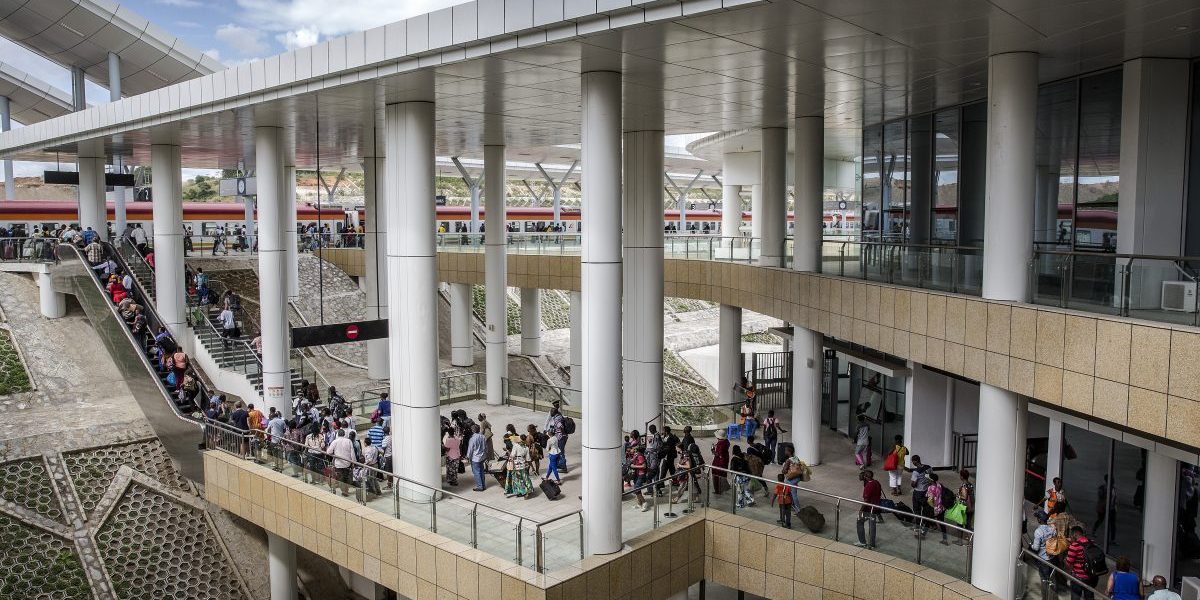While the United States has accused China of using the BRI to expand its power via predatory lending, many governments in the global south see it as a historic opportunity to plug into the biggest rollout of infrastructure since the Marshall Plan. The initiative will cost in excess of a trillion dollars, and it will significantly shape the coming global order. The Chinese government sees it as a major step towards global leadership, and many African governments are eager to grasp its many opportunities. However, the BRI also offers pitfalls, not least the issue of who is going to pay for it all.
China’s engagement with Africa in many ways prefigured the BRI. SAIIA is a pioneer of China-Africa studies, and we’re expanding our work in this field to reflect the game-changing impact of the BRI.
The second Belt and Road Forum, taking place in Beijing on 26 and 27 April 2019, will offer new perspectives on how the BRI will work. To coincide with this event, we showcase some of our recent research on the BRI and how it will impact Africa:
- Can Africa build greener infrastructure while speeding up its development? Lessons from China
- In the driver’s seat? African agency and Chinese power
- Debt trap? Chinese loans and Africa’s development options
- Is an iron curtain falling across tech?
- China in the era of ‘Xi Jinping Thought’: five key trends for Africa
- China’s Belt and Road Initiative: Where does Africa fit?
- China’s African Infrastructure Projects: A Tool in Reshaping Global Norms








